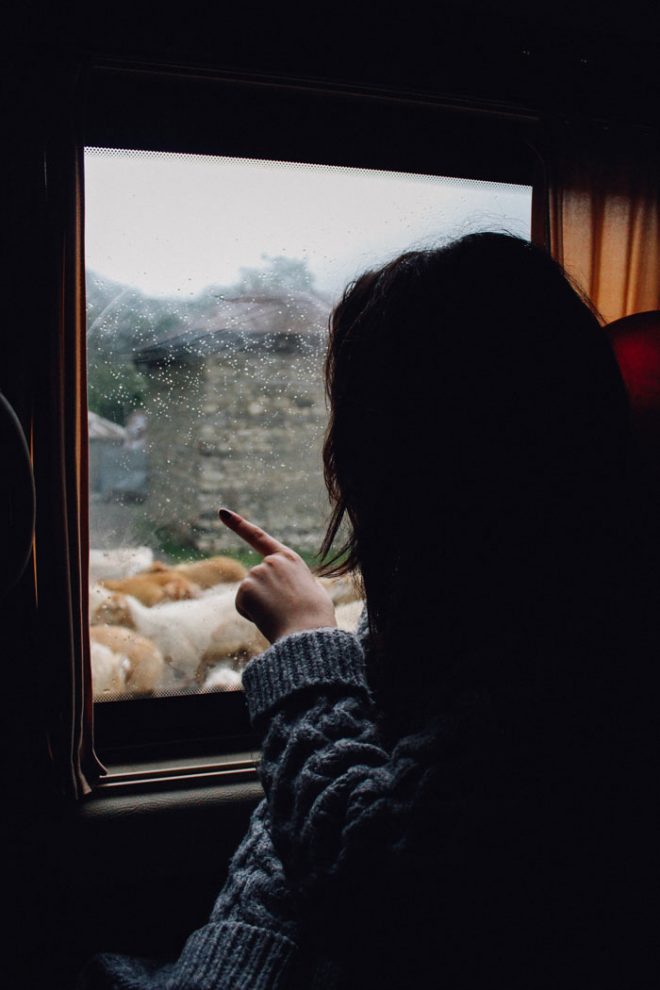WEEKLY DEADLINE: Monday, January 25 @ 8pm
Read:
Please review this post with guidelines for responding to the reading before you get started. As you read, keep tabs on the Slack discussion, and share what you’re thinking as you go. We’ll be chatting throughout the week.
Chapters 1-2 of The Truth About Stories by Thomas King (UAF library eBook, login required).
“Chapter 1: Storytelling for the 21st Century‘ from The New Digital Storytelling (see Google Drive for login info) by Bryan Alexander (Twitter)
Wisdom in the Age of Information (Youtube, 4:35) by Maria Popova (Twitter)
Optional but highly recommended: Nanette by Hannah Gadsby (1 hour, Netflix)
Practice:
Storytelling is a process (they don’t call it “Storytold”!), and it takes time and practice to get good at it. We will practice storytelling at least 4x/week by participating in The Daily Create – a practice created by an open digital storytelling class at University of Mary Washington in 2011. Read more about the Daily Create.
This week, please complete and share on Twitter at least 4 “Daily Creates.” This means that you should be reading the “Daily Create” prompt every day (@ds106dc posts daily on Twitter), and that you should choose 4 of this week’s prompts to respond to. If your schedule makes it hard to spread this activity over 4 days, you *may* post 2 responses in one day (respond to 2 different prompts), but please do not do all 4 in a day. The purpose of this activity is to develop a practice.
Activity:
Engage someone in your life in a conversation about storytelling. Can they tell you a good story? Can you talk about what makes it good? When do they tell stories? What stories would they like to hear you tell?
Reflecting on your conversation, how did it feel to talk about and share stories?
Please share about your conversation and reflections in Slack — especially if you heard or told any very good stories! We want to hear them!
Declare:
Use this form to declare your progress in our storytelling explorations this week. I’ll use your response and my observations to give you credit for the work, and will get in touch with you directly if there are any questions or discrepancies.
Photo by Teymur Gahramanov on Unsplash
